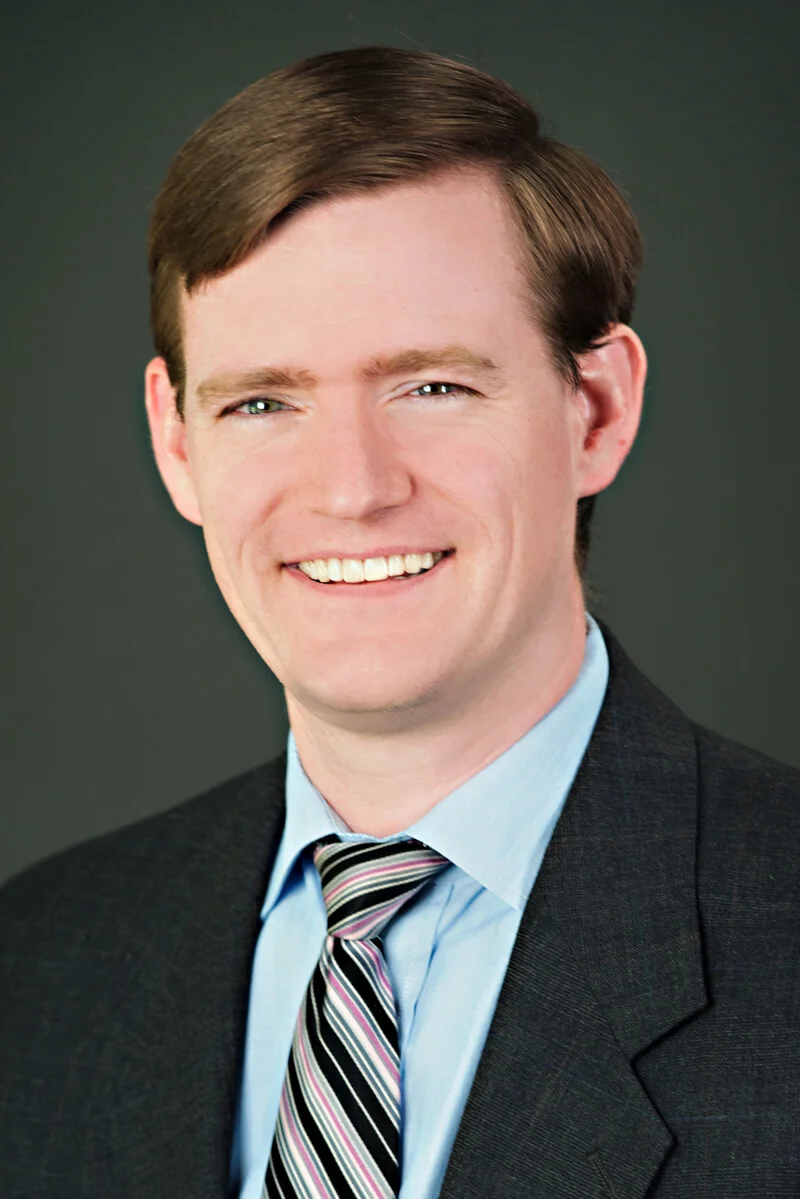Tag: Alzheimer’s

The best reason to set up a power of attorney for yourself or an elderly family member is to avoid a far more contentious and expensive alternative later: guardianship. A power of attorney becomes urgent if an elderly family member is showing early signs of dementia. “You want to run, not walk, to get that…

The potential for full Food and Drug Administration approval of the new Biogen-Esai Alzheimer’s drug (Leqembi) means that Medicare may make the drug available to beneficiaries. The $26,500 annual price tag associated with Leqembi will wreak havoc with Medicare finances, raise part B premiums, and place an enormous financial burden on afflicted families through the required copays. T…











